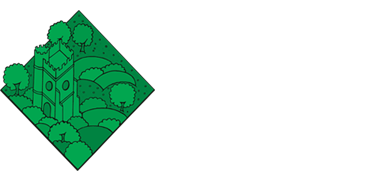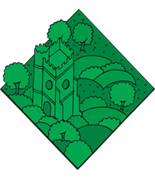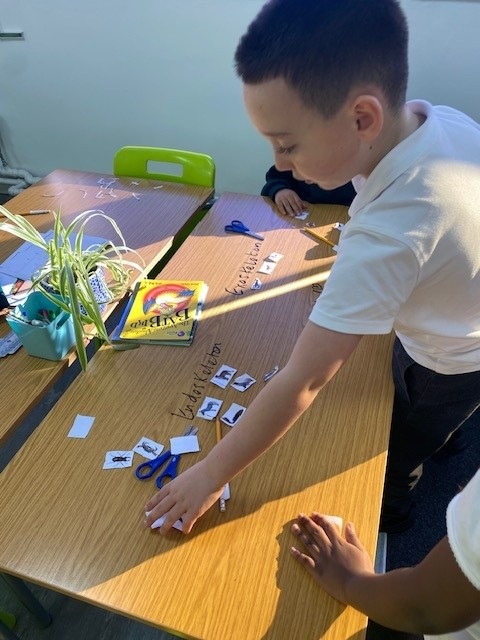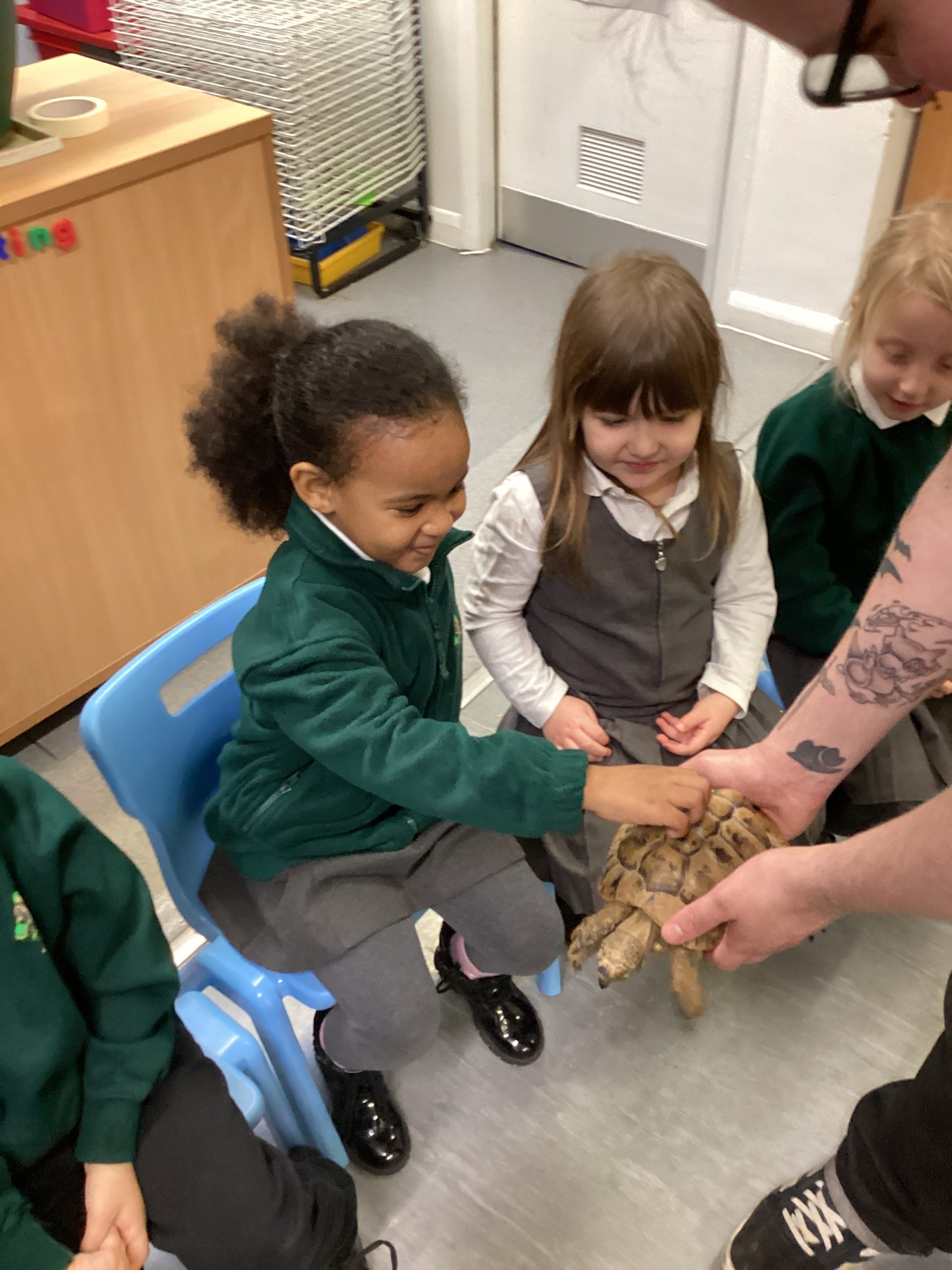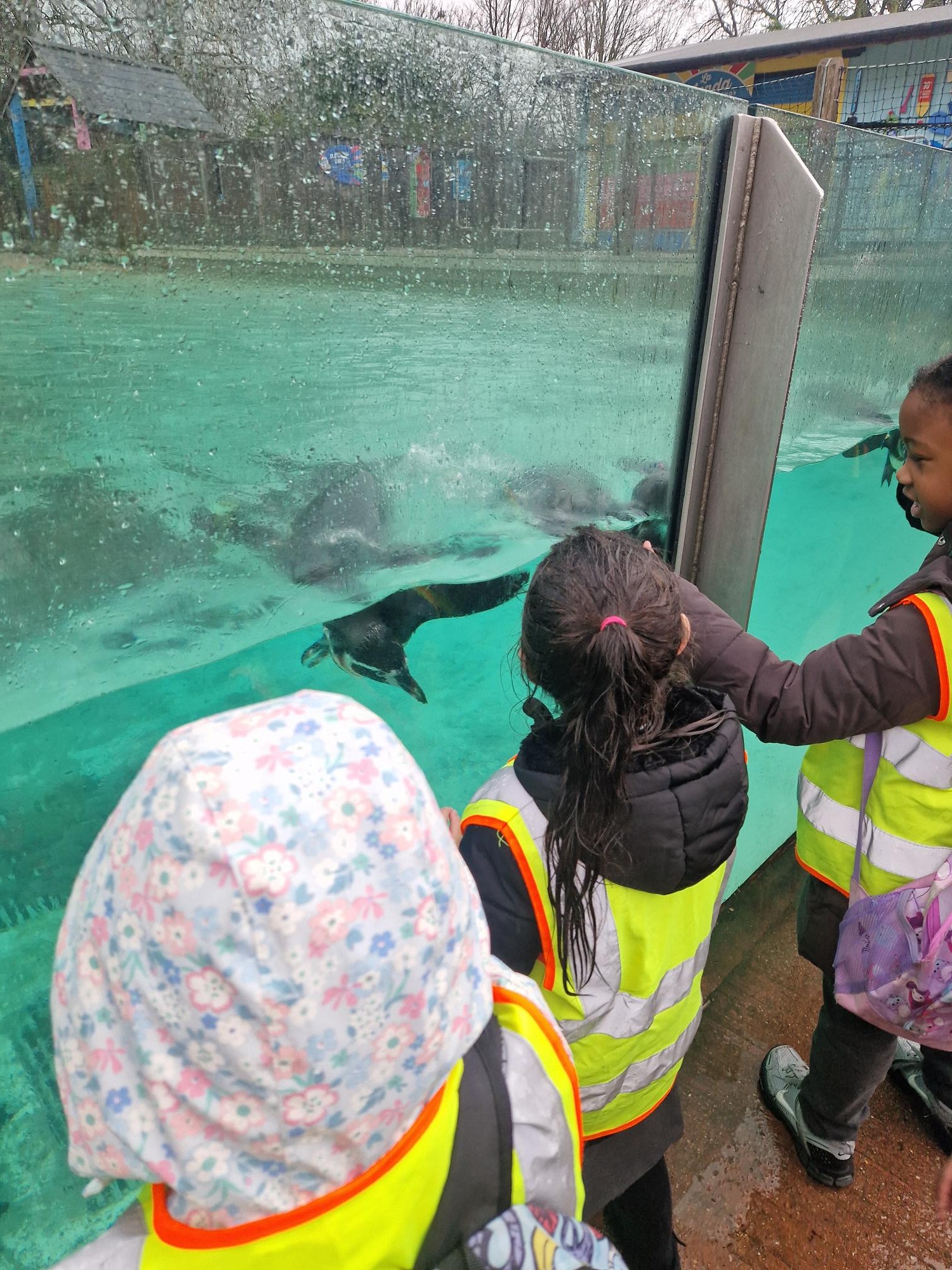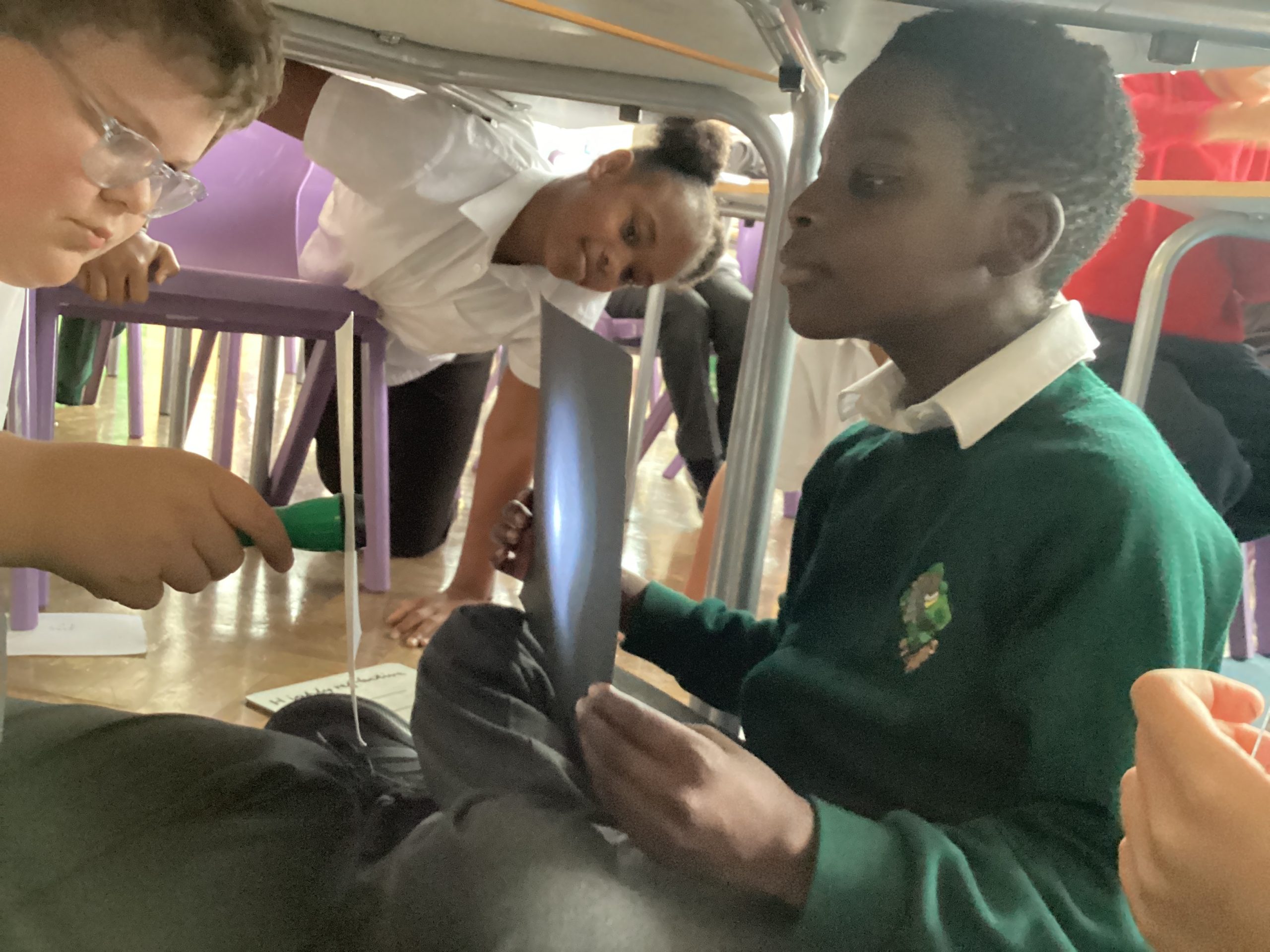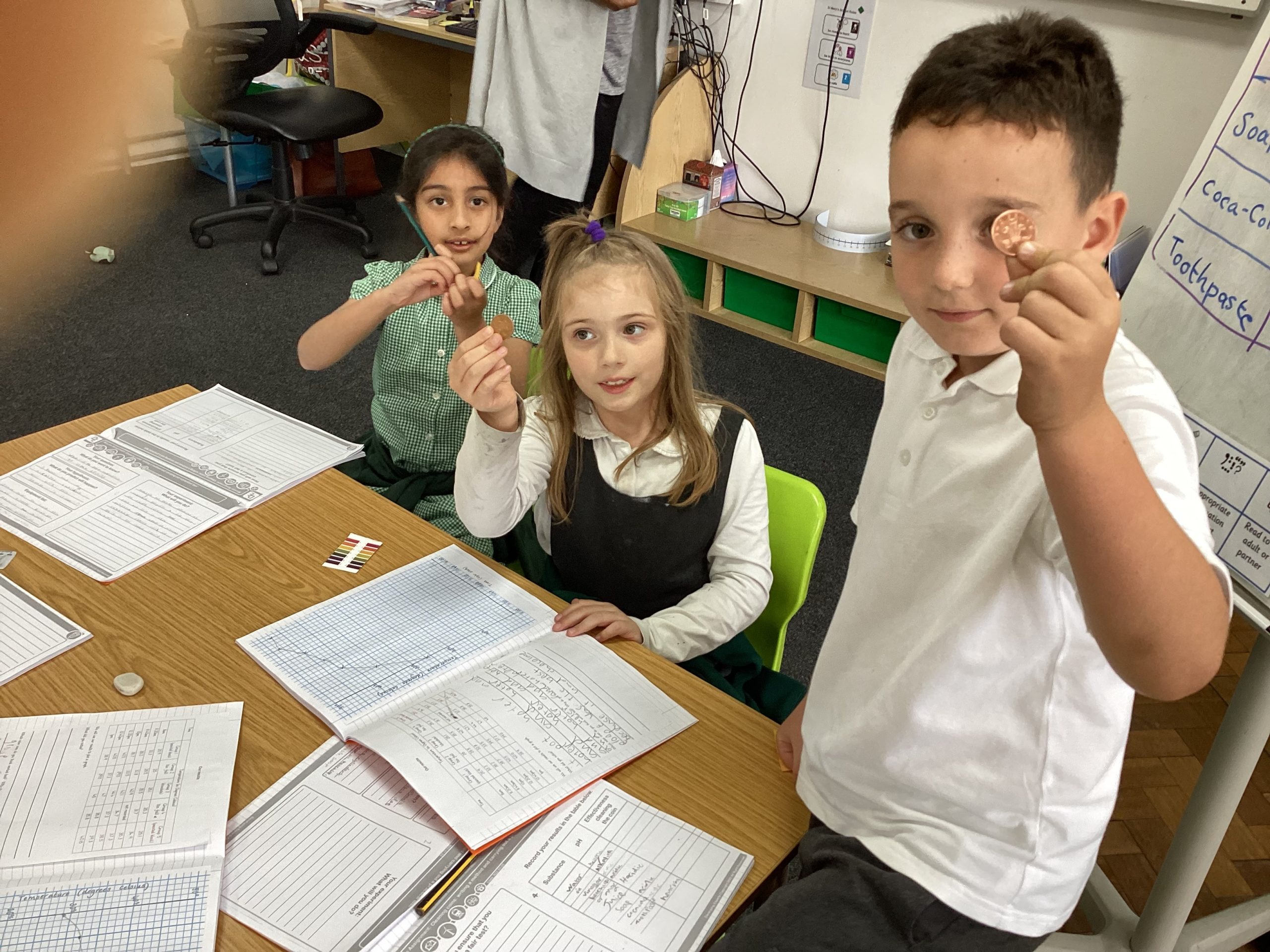Curriculum
Science
Science
Our children are naturally curious about the world around them. We develop their love of science and scientific understanding by teaching them through observation, controlled investigation and fair testing, analysis of results, and identifying patterns.
Intent
At St Mary’s, we nurture our pupils’ natural curiosity and encourage them to explore the world through a high-quality science education. We believe every child should develop the knowledge, skills, and attitudes needed to thrive in the 21st century. Our goal is to inspire pupils to embrace future opportunities and responsibilities while fostering a respect for the universe and all living things.
Implementation
Following the framework of the National Curriculum alongside Developing Experts, St Mary’s science covers scientific units each half-term, which aim to develop scientific knowledge and conceptual understanding and build over time. We ensure that each lesson has an enquiry skill-based focus, built on a foundation of supporting knowledge and a secure understanding.
Children are given regular opportunities to answer scientific questions through the five main strands of scientific enquiry:
- Observing over time
- Looking for patterns in their observations and results
- Identifying classifying and grouping
- Carrying out controlled investigations using comparative and fair testing
- Researching using secondary sources
This has been carefully mapped out within and across year groups.
Reception through to Year 6 follow the progression outlined in Developing Experts which has been designed to show a clear progression in the topics covered in the Science curriculum. This ensures that teaching is effectively built upon prior learning.
Teachers are expected to adapt and modify the model plans to suit their children’s interests, current events, the use of any support staff and the resources available.
Assessment
Assessment for learning is continuous throughout the planning, teaching and learning cycle. Outcomes are recorded for children in EYFS and KS1 through a class floor book, where children’s opinions and voices are collected in response to a variety of learning tasks. In KS2, learning is recorded through individual books.
Children are assessed in a range of different ways. This includes:
- Observing children at work, individually, in pairs and in groups
- Questioning and talking to children about their work
- Low-stakes quizzes on concepts/skills that have already been taught
- Regular book monitoring which monitor pupils’ learning
- End of unit assessment tasks
Science Whole School Curriculum Map
Our curriculum maps are designed with both coverage and progression built in. This makes our curriculum dynamic, ever-changing and responsive to the children’s needs and learning styles.
